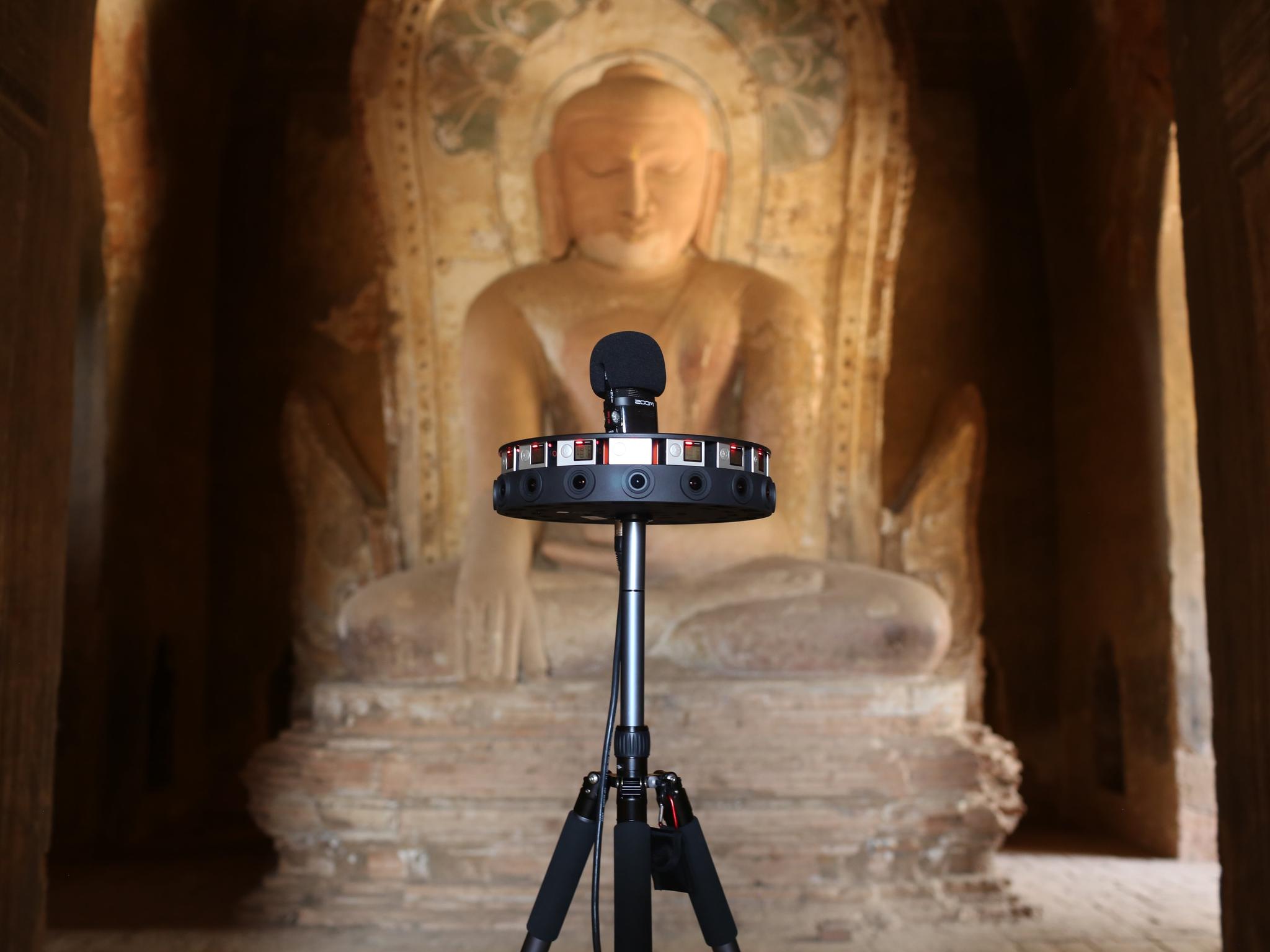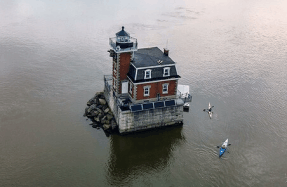3D Scans Help Preserve History, But Who Should Own Them?
Historic sites around the world face mounting threats: war, climate change, natural disaster. There's a rush to use 3D scans for preservation. But experts have questions about how the scans are used.
by Laura Sydell
May 21, 2018
3 minutes

War, natural disasters and climate change are destroying some of the world's most precious cultural sites. Google is trying to help preserve these archaeological wonders by allowing users access to 3D images of these treasures through its site.
But the project is raising questions about Google's motivations and about who should own the digital copyrights. Some critics call it a form of "digital colonialism."
When it comes to archaeological treasures, the losses have been mounting. ISIS in Syria and an earthquake hit Bagan, an ancient city, in 2016. In the past, all archaeologists and historians had for restoration and research were photos, drawings, remnants and intuition.
You’re reading a preview, subscribe to read more.
Start your free 30 days



